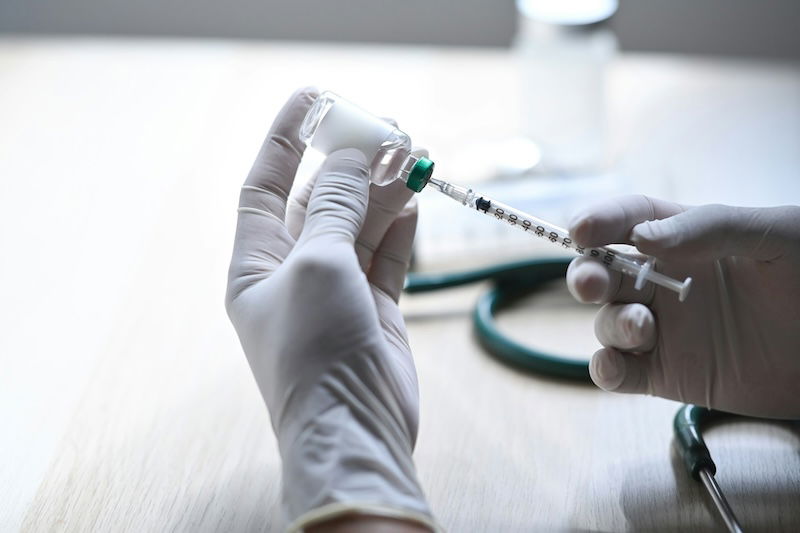
Bone health often doesn’t get the attention it deserves until there’s a problem, like a fracture or persistent pain. But by the time these issues occur, it’s often too late to reverse the damage. That’s why talking to your doctor about a bone density test is so important.
These tests can detect early signs of osteoporosis, a condition that makes bones weak and brittle. Identifying bone loss early can help you take steps to protect your health and avoid serious complications down the road.
Bones naturally lose density as we age, especially after the age of 50. For women, this process speeds up after menopause because of a drop in estrogen, a hormone that helps maintain bone strength. Men also experience bone loss, although it tends to happen more gradually.
Osteoporosis often develops silently, with no symptoms, until a minor fall or even a sneeze causes a fracture. This makes early detection through bone density testing critical.
Bone density tests use a painless and non-invasive procedure called dual-energy X-ray absorptiometry (DXA or DEXA) to measure the mineral content in your bones. The results are usually given as a T-score, which compares your bone density to that of a healthy young adult.
A T-score of -1.0 or higher is normal, between -1.0 and -2.5 indicates low bone density (osteopenia), and -2.5 or lower suggests osteoporosis.
Research shows that bone density testing is highly effective in predicting the risk of fractures. A study published in The Journal of Bone and Mineral Research found that women with low bone density were four times more likely to experience a hip fracture than those with normal bone density.
Similarly, men with osteoporosis have a higher risk of fractures, especially in the spine and hips. Early diagnosis allows doctors to recommend lifestyle changes, supplements, or medications to slow bone loss and reduce the risk of fractures.
Many factors can increase your risk of low bone density. These include a family history of osteoporosis, smoking, excessive alcohol consumption, a sedentary lifestyle, and poor nutrition. Low calcium and vitamin D intake, in particular, are major contributors to weakened bones.
Certain medical conditions, such as rheumatoid arthritis or thyroid disorders, and long-term use of medications like steroids can also increase your risk. If any of these factors apply to you, it’s a good idea to discuss bone density testing with your doctor.
Beyond detecting osteoporosis, a bone density test can also help monitor the effectiveness of treatments.
If you’re already taking medication to strengthen your bones, regular testing can show whether it’s working and if adjustments are needed. This makes it a valuable tool for managing your long-term bone health.
Here are some practical tips to protect your bones and make the most of bone density testing:
- Talk to your doctor early. Don’t wait for a fracture to occur. If you’re over 50 or have risk factors for bone loss, ask your doctor if a bone density test is right for you.
- Get enough calcium and vitamin D. Aim for calcium-rich foods like dairy, leafy greens, and fortified products, and spend some time in the sun or take a vitamin D supplement if needed.
- Stay active. Weight-bearing exercises like walking, dancing, or resistance training help strengthen bones and improve balance, reducing the risk of falls.
- Avoid smoking and limit alcohol. Both can weaken your bones over time.
- Follow treatment plans. If your doctor prescribes medication or supplements, stick to the regimen and schedule follow-up tests to track your progress.
Bone health is a vital part of overall well-being, especially as we age. A bone density test is a simple step that can provide valuable insights into your bone strength and help you take action before serious problems arise.
By prioritizing bone health today, you can stay strong, active, and independent for years to come.
If you care about Parkinson’s disease, please read studies that Vitamin B may slow down cognitive decline, and Mediterranean diet could help lower risk of Parkinson’s.
For more information about brain health, please see recent studies that blueberry supplements may prevent cognitive decline, and results showing Plant-based diets could protect cognitive health from air pollution.
Copyright © 2025 Knowridge Science Report. All rights reserved.








Leave a Comment